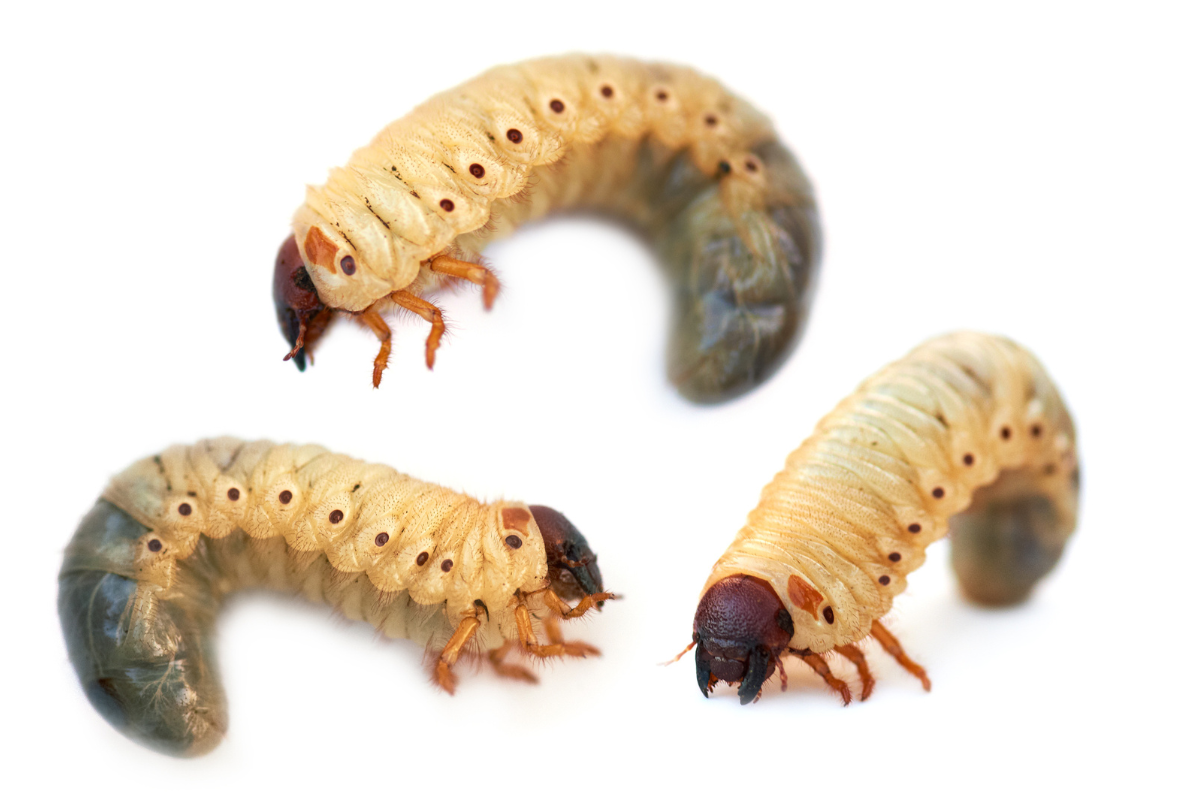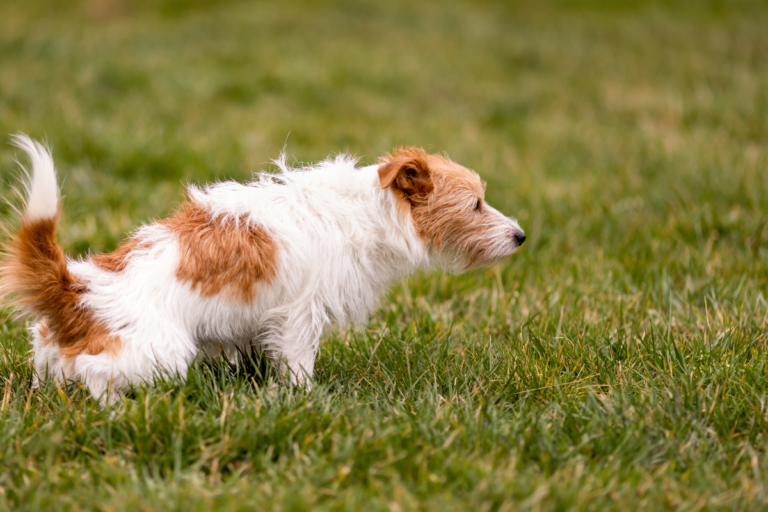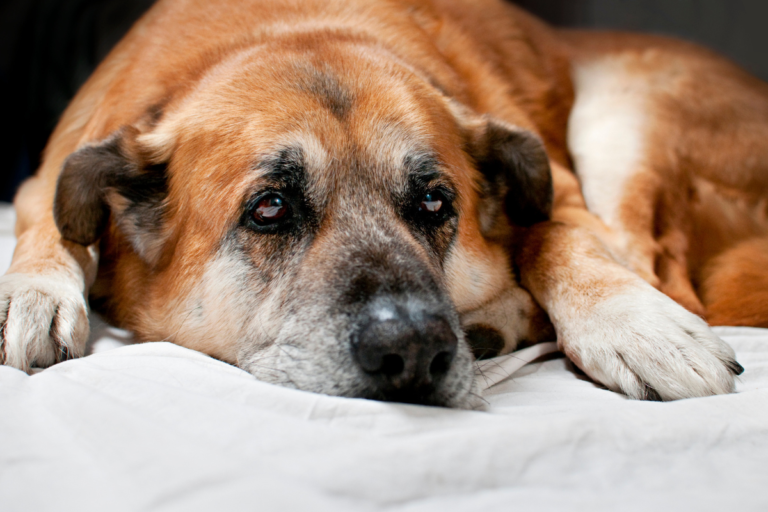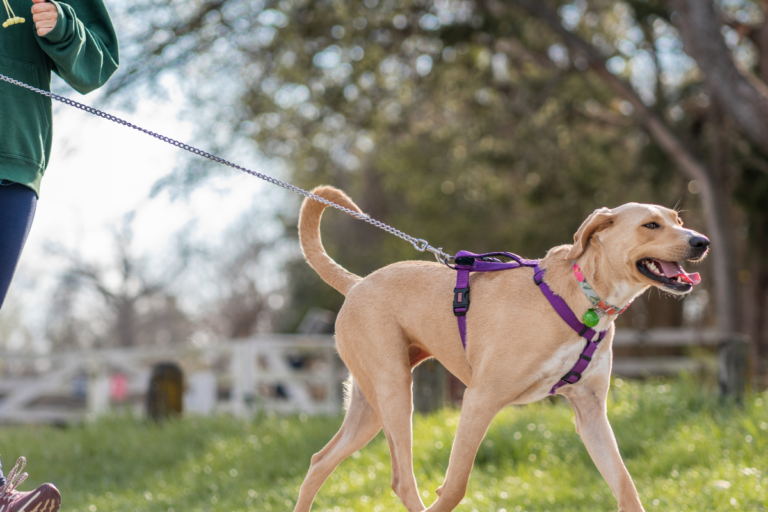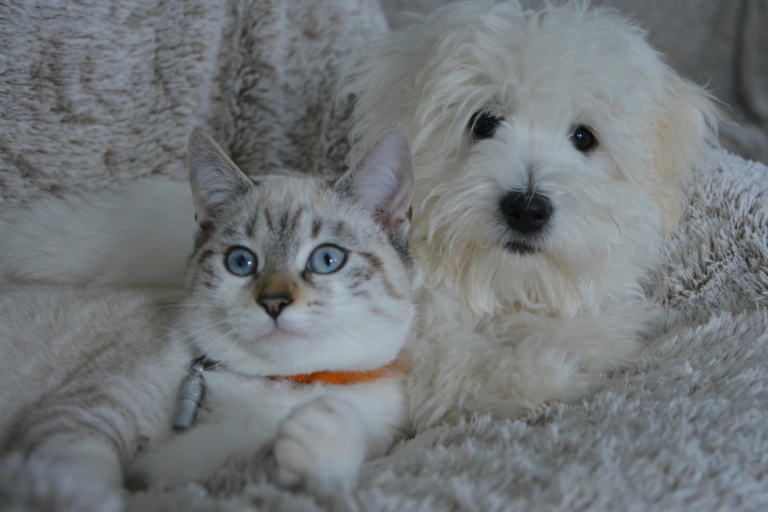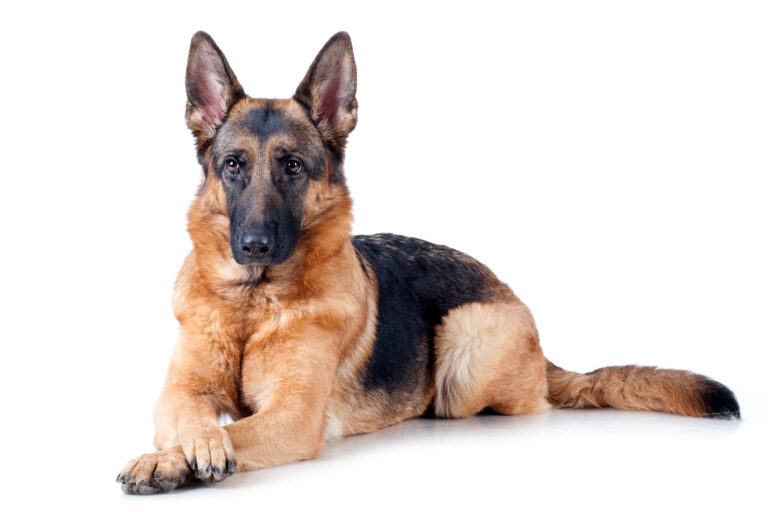Grub Worms and Your Pets: What You Need to Know
This post may contain affiliate links, meaning if you decide to make a purchase via my links, I may earn a small commission at no additional cost to you. You can read our full affiliate disclosure by clicking here.
Introduction:
Grub worms, those little underground creatures, may not seem like a significant issue for your pets at first glance. However, they can have more of an impact on your furry friends than you might realize. In this blog, we’ll explore the world of grub worms and their interactions with your beloved pets.
Understanding Grub Worms:
Grub worms, often the larvae of various beetles, are commonly found beneath your lawn. They feed on the roots of grass and other plants, which can lead to brown patches in your yard. While your pets might be oblivious to these critters below the surface, they can inadvertently become part of the problem.
Why Grub Worms Matter for Your Pets:
- Digging and Chewing: Dogs, in particular, love to dig in the yard. If they catch the scent of grub worms, they may dig even more fervently. This can lead to a torn-up lawn and potentially even ingestion of these creatures, which might upset their stomachs.
- Chemicals and Grub Control: Some pet owners resort to chemical treatments to get rid of grub worms. While effective, these chemicals can be harmful to pets if ingested. It’s essential to keep your pets away from treated areas.
- Ingestion to your pets: Grubs are generally non-toxic for consumption and can be safely eaten by dogs and cats, provided they originate from sterilized soil. According to the University of Florida Entomology & Nematology, as grub worms mature, they burrow through the soil they inhabit, consuming it in the process. However, it’s essential to note that if the soil contains pesticides, bacteria, fungi, or the eggs of parasitic roundworms, your pet may ingest these harmful substances. Therefore, it’s advisable to keep inquisitive dogs, especially those with a penchant for consuming worms or soil, away from your garden to prevent potential illness or parasitic infections.
Signs of Grub Worm Infestation:
- Irregular patches of dead grass in your yard.
- Increased digging behavior in dogs.
- Birds or other wildlife digging in your yard to feed on grubs.
Preventing and Managing Grub Worms:
- Natural Solutions: Consider natural alternatives to chemical treatments, such as nematodes or milky spore. These are safer for pets and the environment.
- Supervision: Keep an eye on your pets when they’re outside to prevent them from consuming grub worms or digging excessively.
- Regular Lawn Care: Healthy grass is more resilient to grub worm damage. Proper lawn care practices can reduce the risk of infestation.
Conclusion:
Grub worms can indeed impact your pets indirectly through their effects on your lawn. While they may not pose a direct threat, it’s crucial to be aware of their presence and take measures to protect both your pets and your yard.
Remember, educating yourself about common backyard pests like grub worms is a great way to ensure your pets’ safety and the health of your outdoor space. Stay vigilant, and your pets will enjoy a grub-free and healthy environment.

